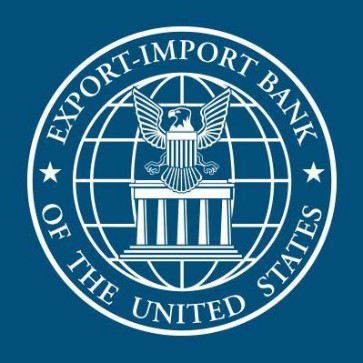
What Ex-Im Means to American Competitiveness
On June 30th the Export-Import Bank’s charter expired. Ex-Im is an essential part of American economic policy. At a net gain to taxpayers, Ex-Im ensures American small businesses are competitive in the global market by securing loans to buyers of their products, and helps American businesses of all sizes keep up against heavily-subsidized foreign competitors. While the bank is still working on its open accounts, its authorization to make new loans expired on June 30th. Ex-Im is a cornerstone of American competitiveness and its reauthorization is vital to continued American leadership in the global marketplace.
In FY2014, Ex-Im returned $675 million to the treasury while its loans and guarantees supported businesses employing more than 160,000 American workers. With a default rate of 0.175%, Ex-Im is anything but a boondoggle. Careful management of its $110 billion portfolio allows the bank to support American exports, and approximately 90% of the bank’s transactions directly support small businesses.
In an interview with Politico, Ex-Im’s CEO Fred Hochberg explained how the bank works in conjunction with the private sector:
“First of all it’s the private sector that brings us into the deal. A client goes to a bank, a company overseas, and says we need a loan to build this petro-chemical plant, we need a loan to build this this power plant. Working with a bank, they’ll determine can we do this on our own, or do we need the support of the export credit agency? Generally, that’s because of one of two things. Sometimes there’s just not enough debt capacity in that market; frequently in sub-Saharan Africa, banks are just reluctant to go there. Or we’ve got a US company competing against a foreign company that’s backed by their government, and we want a level playing field between a US exporter and a foreign exporter.”
Ex-Im also plays a role in aiding economic growth following periods of recession, as it did by stimulating exports in the aftermath of the 2008-2009 financial crisis while private credit remained tight. Ex-Im operates where and when private sector lenders won’t, and its lending authority must be renewed. Access to export markets helps small businesses prosper, and Ex-Im is a low-risk, no-cost way to help American businesses compete on the world stage.





